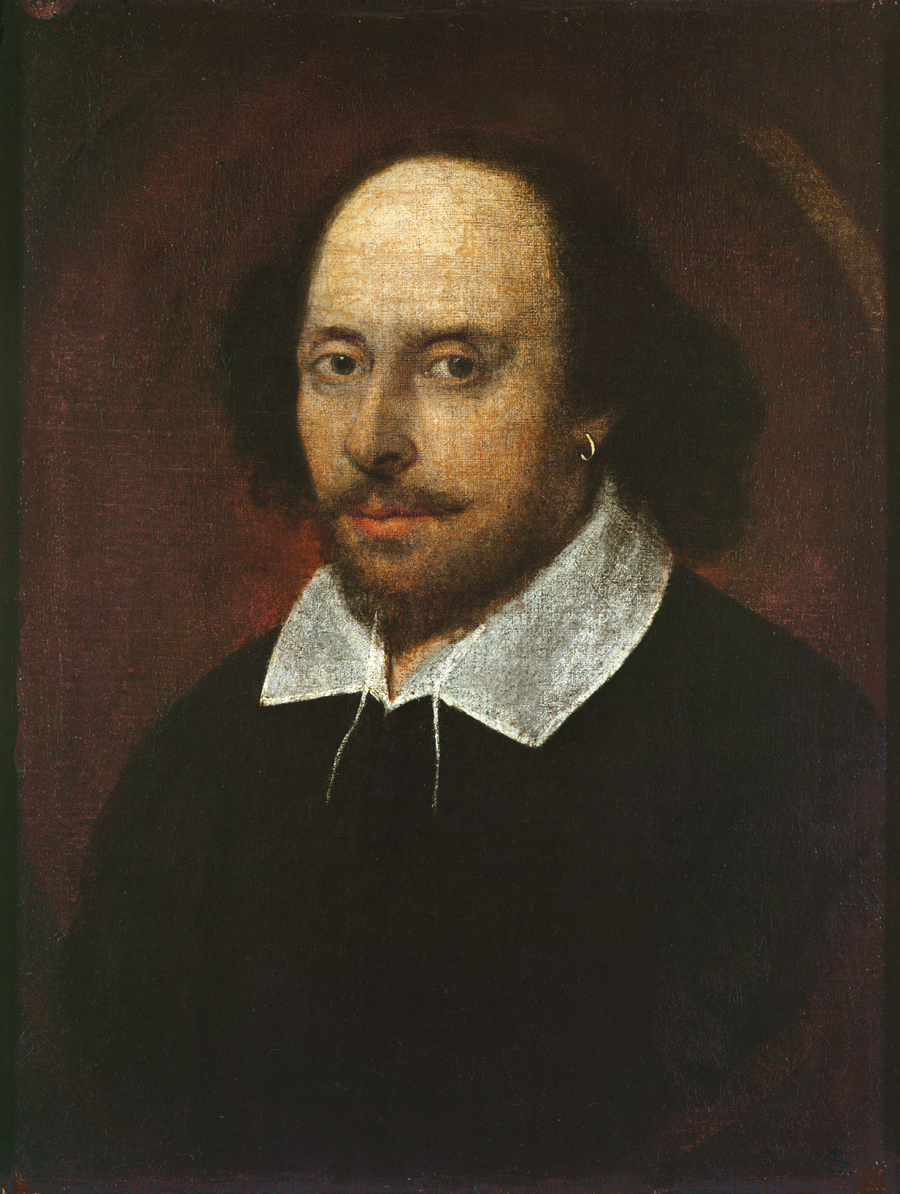Troilus and Cressida is a five-act play by the English dramatist William Shakespeare. It is a tragedy, probably dating from 1602. The text was first published in 1609.

Troilus and Cressida takes place during the Trojan War, fought between ancient Greece and the city of Troy. See Trojan War. Shakespeare’s love story was based on several sources. A French writer of the 1100’s, Benoît de Sainte-Maure, invented the story, incorporating the tale into his Roman de Troie. Shakespeare had probably read Geoffrey Chaucer’s long poem Troilus and Criseyde (about 1386), and it is likely that he knew of The Testament of Cresseid by the Scottish poet Robert Henryson (1430?-1506?). He would also have been familiar with Homer’s Iliad, an epic poem about the Trojan War. See Chaucer, Geoffrey; Homer.
Shakespeare’s play dramatizes the love of the Trojan warrior Troilus for the unfaithful Cressida. The couple pledge their love, but Cressida is unexpectedly sent to the Greek camp in exchange for a Trojan prisoner. There, she abandons her vow to Troilus and takes the Greek warrior Diomedes as her lover. The play ends with the death of Troilus’s brother, the great Trojan hero Hector.
In spite of its heroic setting, all the characters in Troilus and Cressida—with the exception of Hector—act less than heroically. The play’s tone is often cynical as it explores such themes as the emptiness of honor and the betrayal of love. In both outlook and style, the play has more in common with Shakespeare’s problem comedies than with his great tragedies.
See Shakespeare, William.
